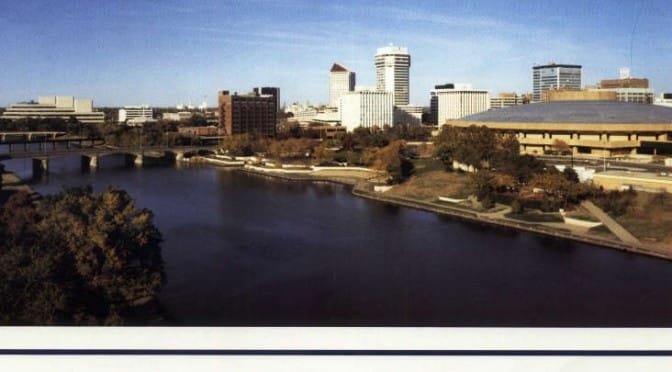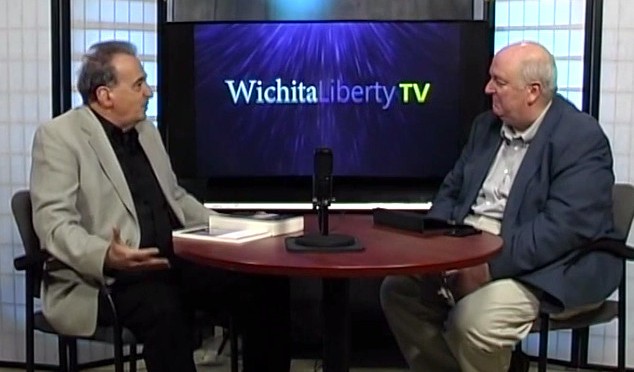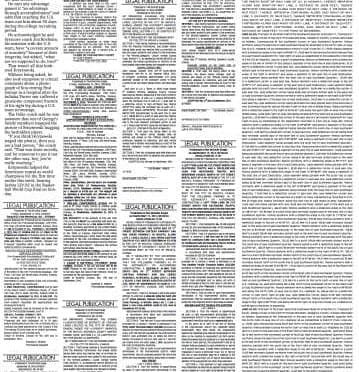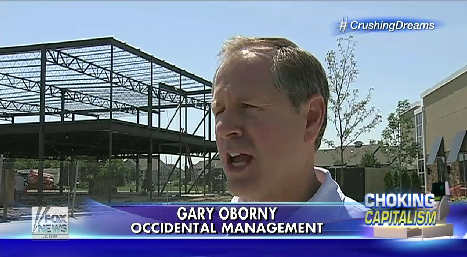Tag: Featured
-

In Wichita, promises of accountability and transparency
Boosters of the proposed Wichita sales tax promise transparency. But Wichita has not delivered on that in the past, and still rebuffs the public’s right to know.
-

Wichita voters’ opinion of city spending
As Wichita voters prepare to decide on the proposed one cent per dollar sales tax, a recent survey found that few voters believe the city spends efficiently.
-

WichitaLiberty.TV: Author and philosopher Andrew Bernstein
Andrew Bernstein is a proponent of Ayn Rand’s Objectivism, an author, and a professor of philosophy. We talk about capitalism and other subjects.
-

Water options for Wichita
There are solutions to the Wichita water shortage (to the extent it exists) that originate outside city hall.
-

A simple step towards government transparency in Wichita
Kansas law requires publication of certain notices in newspapers, but cities like Wichita could also make them available in other ways that are easier to use.
-

Kansas school fund balances
Kansas school fund balances declined this year, but fund balances are still large.
-

Questions ‘Yes Wichita’ doesn’t want asked or answered
“Yes Wichita” is a group that wants you to vote “Yes” on the proposed Wichita sales tax. But this group will not answer questions. Instead they delete the inconvenient questions.
-

How much Wichita sales tax is paid by visitors?
Part of the sales pitch for the proposed Wichita sales tax is that part is paid by visitors. But there are big differences in opinion as to how much.
-

Again, Wichita policies are fluid
Wichita city hall promises policies that are clear, predictable and transparent, except when they’re not.
-

Errors in Wichita Union Station development proposal
Documents the Wichita City Council will use to evaluate a development proposal contain material errors. Despite the city being aware of the errors for more than one month, they have not been corrected.
-

Wichita man who complained of regulations now asks for your tax dollars
Gary Oborny of Wichita appeared on Fox News in August to explain problems with onerous government regulations. Next week he will ask the Wichita City Council to use laws and regulations to grant him millions of tax dollars.
-

WichitaLiberty.TV: The proposed one cent per dollar Wichita sales tax
In this episode of WichitaLiberty.TV: Considering the proposed Wichita sales tax, looking at unmet maintenance needs, claims that we have few economic development incentives, the cost of the sales tax to families, the taxes already going to the transit system, and the bad choice the city gives us for water.